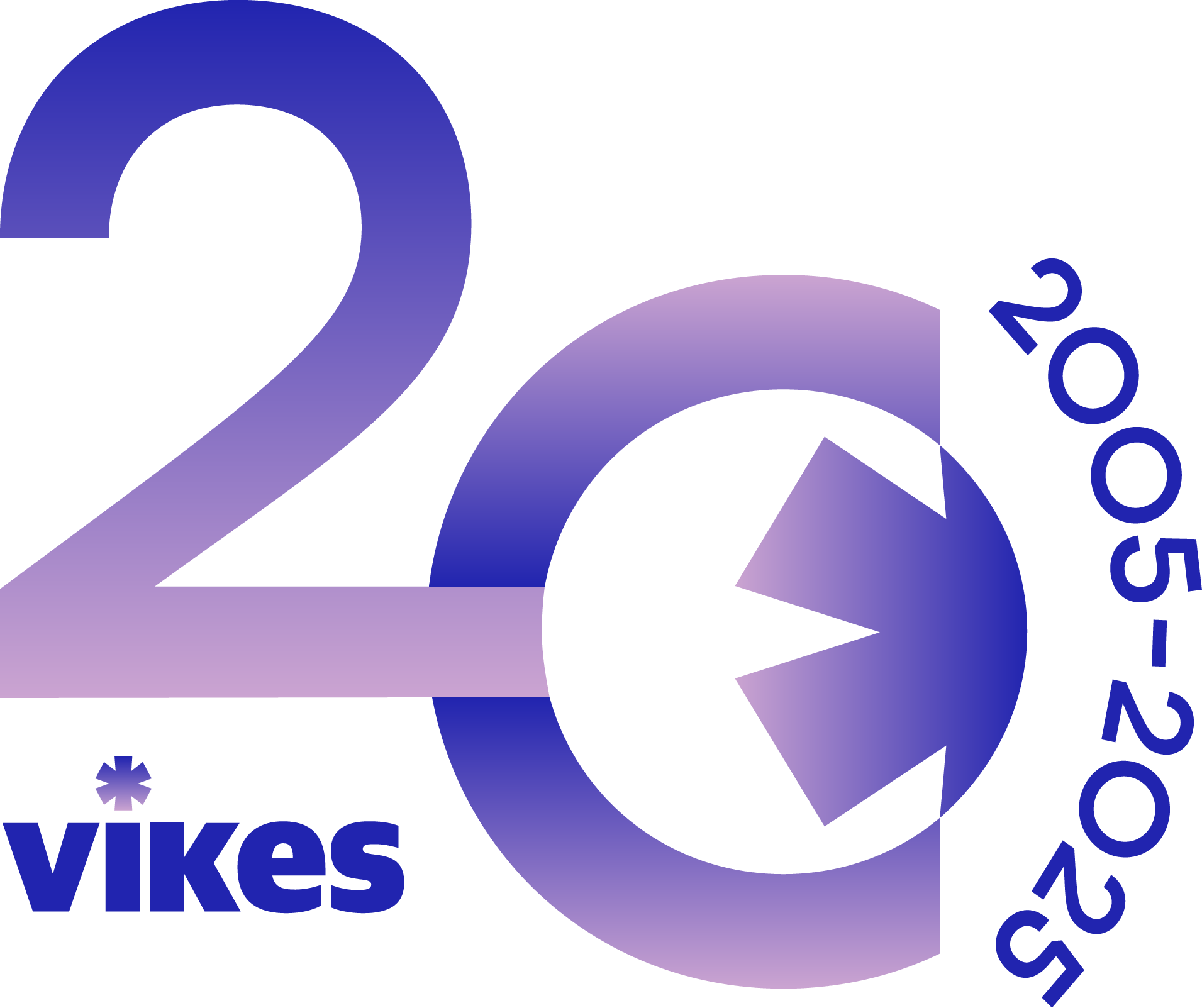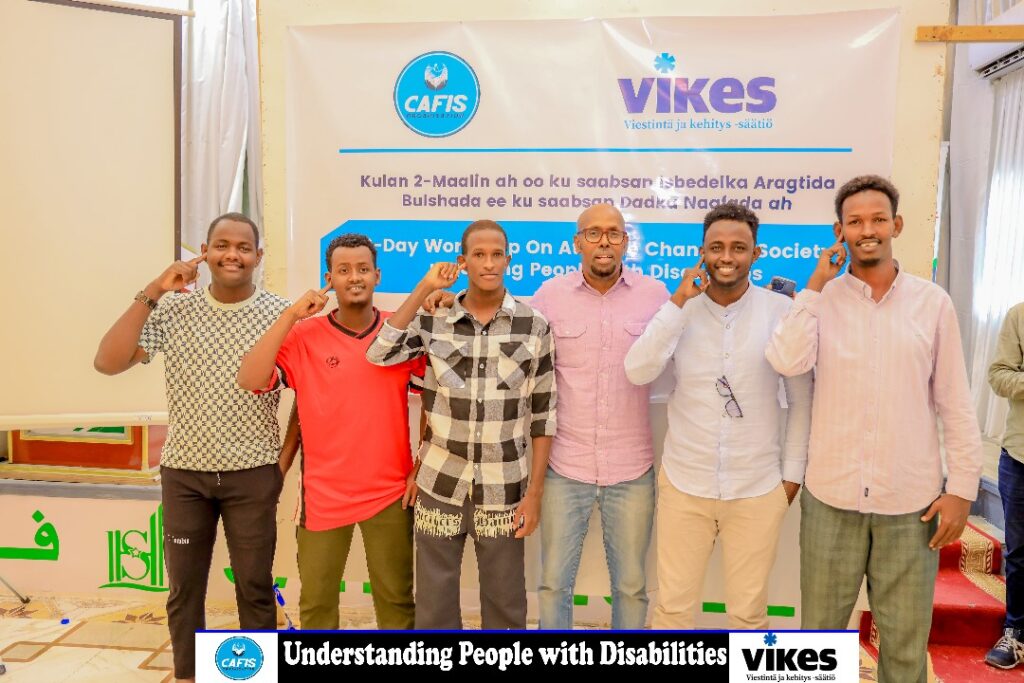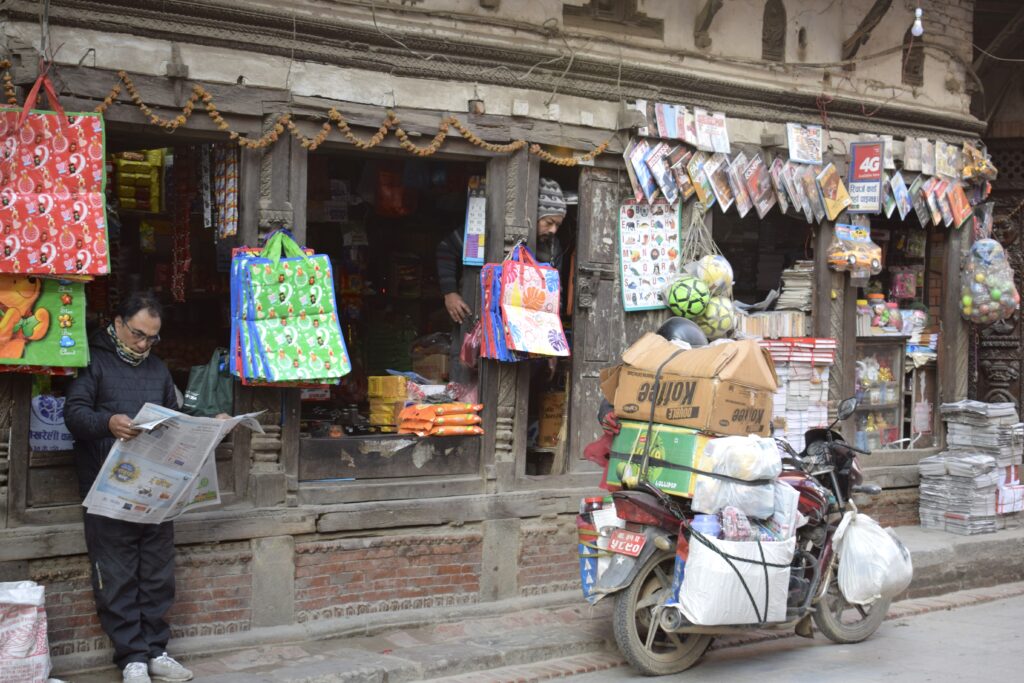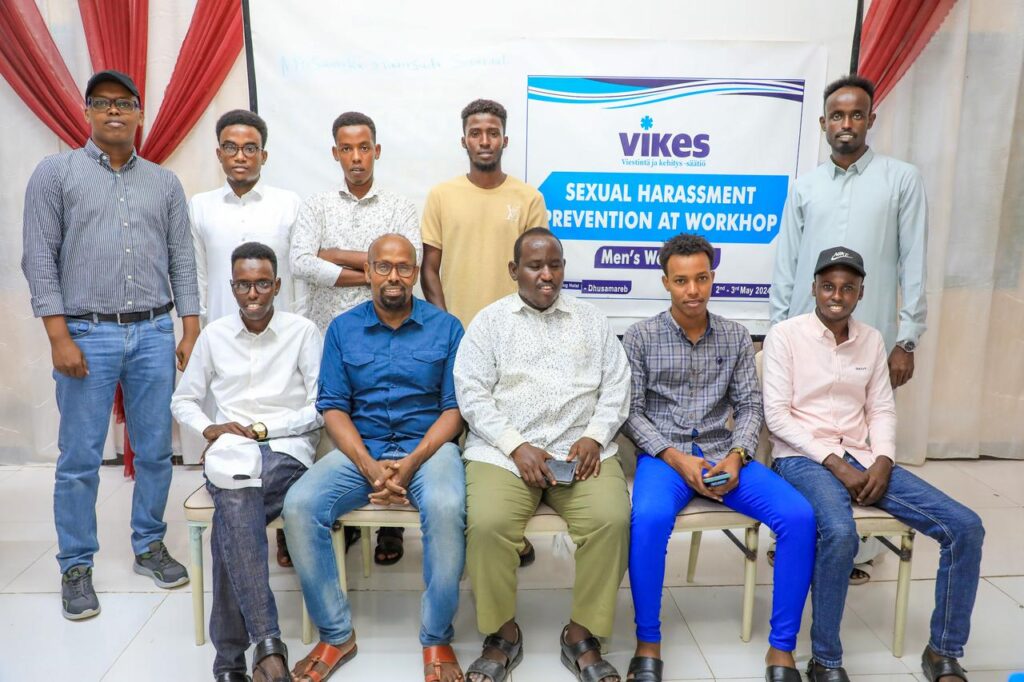“Integration into the Finnish media has not been easy. I’ve been doing journalism in Finland for five years and my impact has been quite small,” says Thierry Francis Mbabane, originally from Rwanda.
He thinks Finland’s activities in Africa are interesting, and not enough is said about them in the media. He has thought that this could be his role: as an African journalist with connections and cultural understanding, he could tell stories about Africa. But the big media houses have not been very interested, and he has not found a smaller platform to buy the stories.
He wanted to join Vikes’ 2018 “Immigrants in the Public Debate” project to meet other like-minded people and to get support from Finnish professional journalists. Both objectives were met.
Volunteering has given meaning and community
Freelance journalist Kristiina Markkanen helped Mbabane and a few others to find a clearer angle for their stories and sell ideas to the media. For her, the most important reason to volunteer was the content of the project: promoting freedom of expression and freedom of the press.
“Even Finnish journalists don’t always remember how Finland is the pinnacle of freedom of expression. These things are so obvious that we don’t realise how difficult life can be for journalists in other countries.”
She would like to see freedom of expression and its role in the development of democracy given the same priority in development cooperation as women’s and girls’ rights. In the Mentoring Programme workshops, she heard participants sigh when the very basics of freedom of expression were discussed. “Oh, you really can ask like that?” someone had whispered. “And there’s a law about that too.”
Markkanen says she has long thought that she only wants to write facts, not participate as an activist. During the so-called refugee crisis, her mind changed when Tommi Laitio, the City of Helsinki’s Director of Culture and Leisure, started to work against hate speech through loving speech. It made me feel like I could do more for the right causes in my spare time.
In the Vikes project, there was no need to even think about impartiality. It is natural for a journalist to defend freedom of expression and freedom of the press without compromising impartiality,” Markkanen says.
At the same time, freelancing gave the volunteer a community to do something fun with. Even the successes felt better together than alone. She also has a child, to whom she wanted to show by example that life is also about giving and helping.
Ten minus
Kristiina Markkanen said the best thing about the project was the people involved. More people could have been accommodated. With no previous experience or training, it was like going hand in hand in the dark.
“I had no experience other than the fact that I had once been helped. We have a bit too much of a do-it-yourself ethos in Finland, and it can feel quite difficult for people from other cultures,” he says.
She also gained new perspectives and insights from the collaboration. She gives a score of 10. The minus is that the time was a bit short. Things are big and story projects are often slow, so a longer timeframe would have ensured that more results would have been achieved during the project.
Project coordinator Sanna Jäppinen agrees.
“Participants have praised the workshops for working together. Many were only just encouraged to think about making their voice heard and to contact Finnish organisations, for example. Therefore, there was not much time for practical work,” says Jäppinen.
“We hope that we can continue to do so with the new project.”
Cooperation with YLE?
Thierry Mbabane is also happy, and hopes to continue. This was not the first project where he was involved in in Finland.
“Many doors have opened for me. I was also confident that I could do something very concrete,” he says.
At the end of the course, he has proposed a radio programme on digitalisation and parenting to Yle. He wants to address the issue of parent-child communication among both the majority population, and his own angle on migrant families, as they have their own cultural specificities.
“The idea became clearer during these discussions and I knew what I had to do.”
He is waiting for a reply from the Finnish Broadcasting Corporation.
The course also produced potential Youtubers. One of them, Mojibur Doftori, a researcher originally from Bangladesh, talks about Mahatma Gandhi in the video below.
The project has been supported by the Helsingin Sanomat Foundation.



